 |
 |
 |
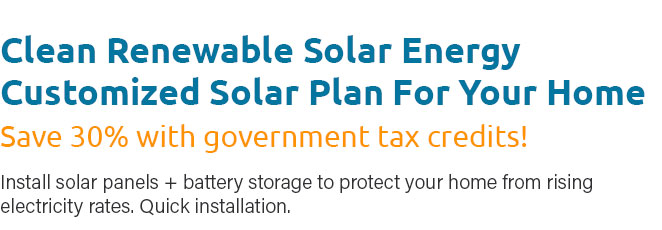 |
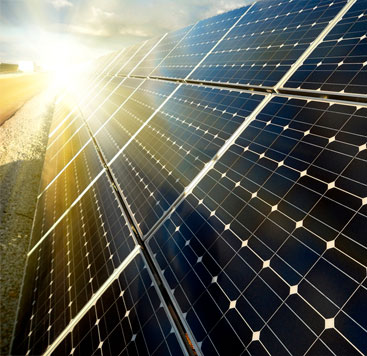 |
 |
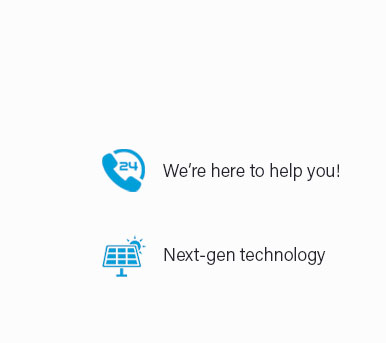 |
 |
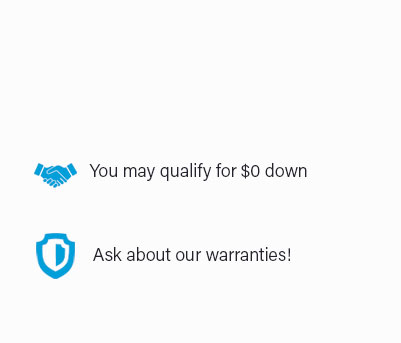 |
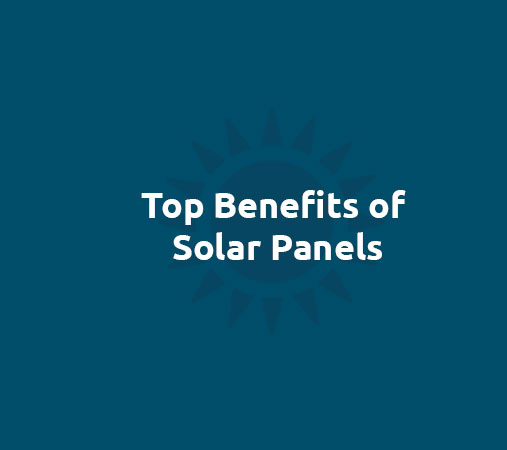 |
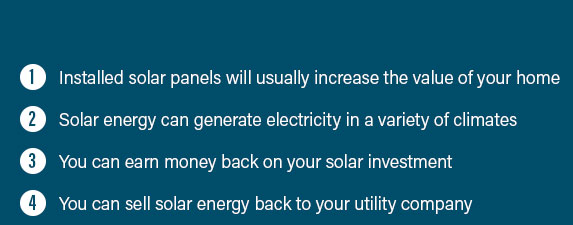 |
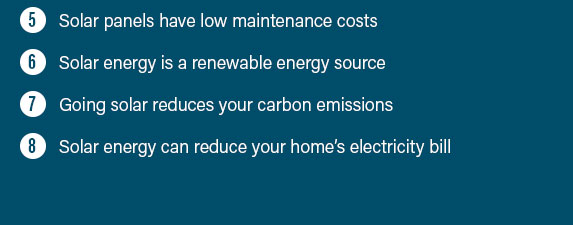 |
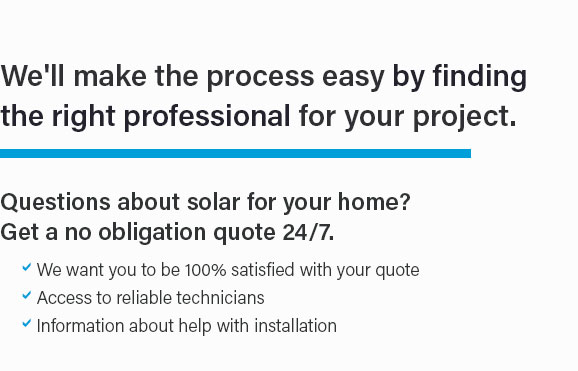 |
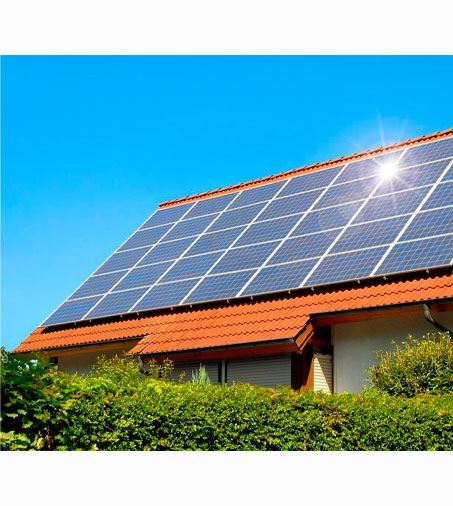 |
|
 |
 |
 |
|
Unleash the power of the sun with our unrivaled solar panel install home service-transform your living space into an eco-friendly powerhouse, and get your personalized solar panels installation quote today; not only will you take a bold step toward sustainability, but you'll also slash your energy bills and elevate your home's value, all with the confidence of our expert team guiding you every step of the way; don't wait for the future to arrive, harness it now and watch your savings soar as you contribute to a cleaner planet!
https://www.solarreviews.com/blog/solar-panels-for-home
In 2025, the average 7.2 kW solar installation will cost about $21,816 before any incentives are applied. In the United States ... https://www.altestore.com/?srsltid=AfmBOor1paJ0Udd-khlPg69dHCQyL3S0UJadGFltPfuftIaXU43o-fPB
Get Started with Solar - Fill Out the Energy Questionnaire Fill out the questionnaire to see your current energy consumption and determine what kind of system ... https://www.tesla.com/solarpanels
Save On Electricity Bills - From Order to Design. Share a few details about your home and energy usage. - From Install to Power On. Tesla completes most solar ...
|